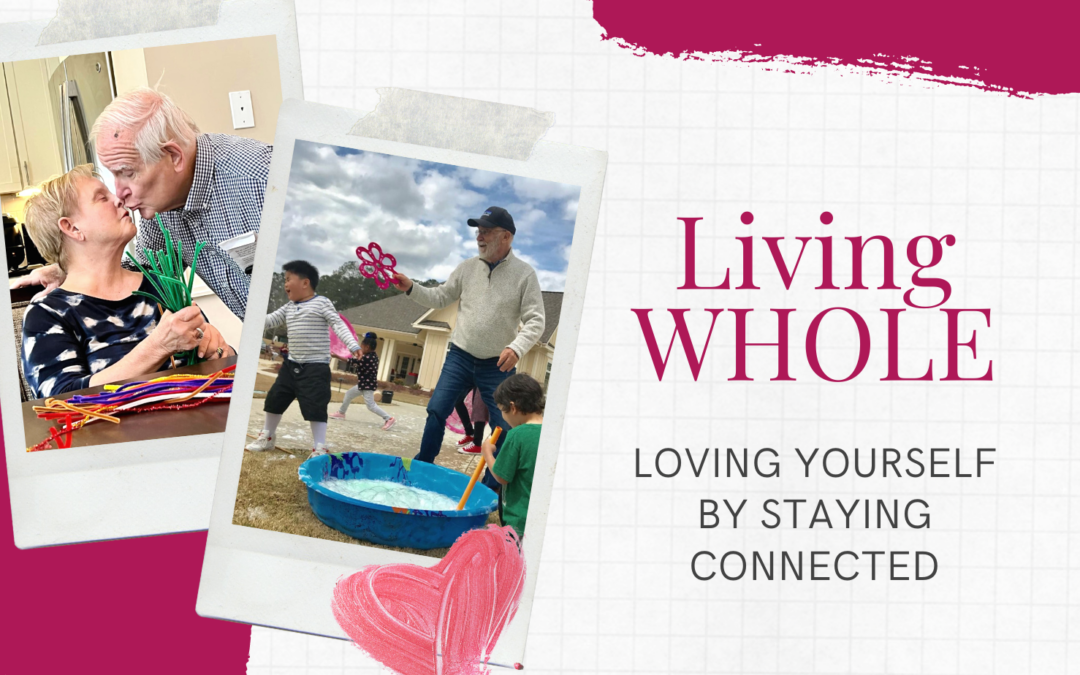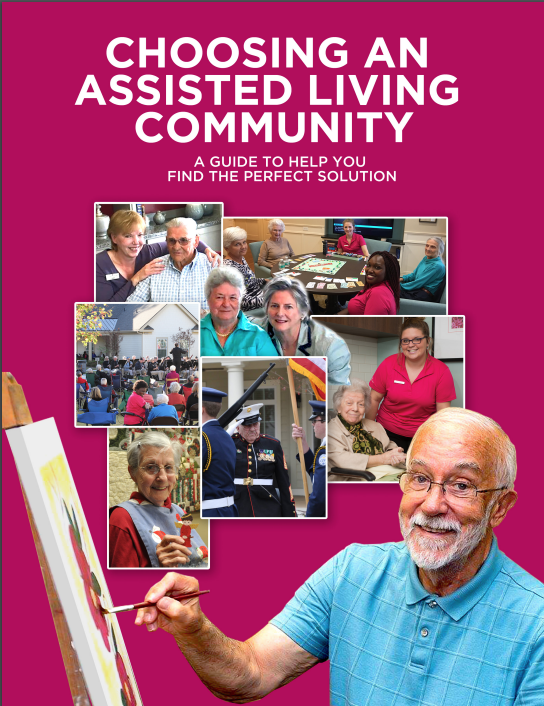Loving ourselves is just as important as loving others.
February is the month of love. Even if we don’t think of ourselves as social beings, there are undeniable health benefits to being physically and mentally active and connected socially to others. Isolation is not the answer as we age, but staying connected, having a purpose, and contributing to society can help us improve the longevity and happiness of our lives. A Danish Twin study found that 20% of how long the average person lives is dictated by genes, whereas our lifestyle dictates the other 80%. Living in a community such as Camellia Place in Woodstock presents many opportunities to stay connected to others. Isolation can adversely affect the physical and mental health of older adults. It can lead to decreased mobility, increased risk of falls, depression, anxiety, and cognitive decline. Social isolation can also make it more difficult for older adults to access healthcare and other resources. It is no shock that social isolation is associated with a 50% increased risk of dementia, as mentioned by the CDC in an article explaining the health risks linked to loneliness and self-isolating. Older adults need access to social support and community engagement opportunities to promote healthy aging.
Social isolation can be prevented by:
Engaging in the community
- Participating in community activities and programs, such as movie nights, being involved in resident council meetings, exercise classes, art classes, etc., is a great way to meet others with common interests.
- Joining a club or group that aligns with their interests, such as a book club or gardening group, can also be beneficial.
- Volunteer opportunities, which can be a source of personal satisfaction, provide mental and physical activity opportunities. Plus, studies show that older adults who volunteer have lower rates of depression and a lower risk of death.
Staying connected socially
- With family and friends through regular phone calls, video chats, and social media helps to combat loneliness.
- Seeking professional support, such as therapy or counseling, if they are already experiencing feelings of loneliness or depression.
- Maintaining social relationships can help reduce feelings of loneliness and depression, which can harm physical health.
Staying Active
- Staying mentally active by engaging in mentally stimulating activities like reading, puzzles, and social activities can help maintain cognitive health.
- Staying physically active with regular exercise can help maintain cardiovascular health, improve muscle strength and flexibility, and reduce the risk of falls.
At Camellia Place in Woodstock, residents reside in a home where friends and relationships quickly develop at the breakfast table and on the front porch. Residents are offered various engaging programs to join, keeping them active, sharp, and the best version of themselves. Regardless if family members are local and actively involved or engage from a distance, it is comforting to have fellow residents and friendly caregivers around at any time.



